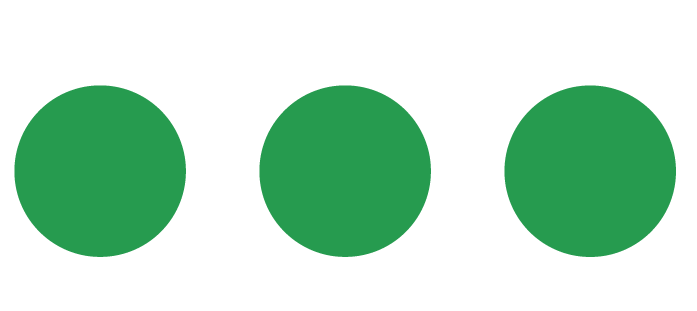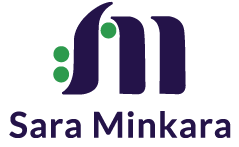
Frequently Asked Questions
Often, it does—the program was originally developed that way. As the slate of offerings has grown, though, we have created a virtual Discovery In the Dark track to welcome potential participants into the experience, regardless of their location.
No. These experiences do not offer an accurate portrayal of what it is like to be blind. Instead, we use blindfolds remove visually cued expectations. This situates all participants on an equal playing field that facilitates verbal and physical reflection and discussion.
Participants are blindfolded before beginning the program, and the blindfolds remain on for most of the exercise to provide an environment of “comfortable vulnerability,” as well as a degree of anonymity. Programs typically include a moment when all participants remove their blindfolds together, solidifying their shared experience.
Discovery In The Dark programs do often push participants beyond their comfort zones and into new discussion territory, but we consistently receive feedback noting that their early trepidation grows into not only ease but also an enhanced inclination toward active listening and even unanticipated freedom to share. Staff members are also on hand to ensure participants are physically comfortable.
These one-of-a-kind sessions bring participants together in a unique, fun, and interactive way to examine the roots of stigma and societal assumptions on a very personal level. Together, participants and facilitators identify clear inclusion takeaways that they can apply to their everyday lives at work, school, and beyond. Every program is fully customized to meet the needs and goals of each client.
Each session generally lasts between one and three hours, with the length and structure of each session tailored to client preferences. Sara Minkara and the Discovery In The Dark team work closely with organizers to determine appropriate event details.
By removing visual cues and the ability to share certain labels like name, hometown, or career, participants enjoy an even playing field where they can interact openly with their groups. Each person is further engaged through both small group discussions and room-wide sharing and reflections. Staff members monitor the room and help engage participants as needed.
Discovery In the Dark sessions are designed to facilitate deep self-reflection on the ways we perceive ourselves and others—and on how much of that is based on visual cues and assumptions. During the program, participants become aware of how perceptions create external realities, and they build on this awareness to identify concrete ways to bring more inclusive practices into their workplaces, communities, schools, and beyond.




